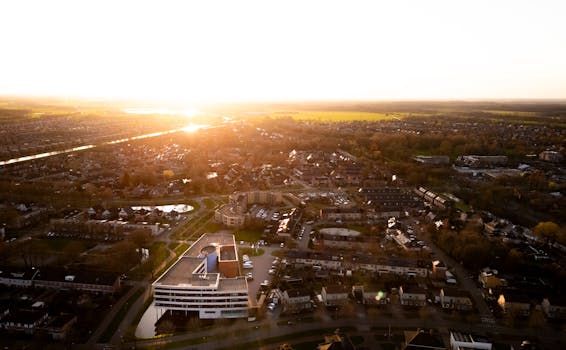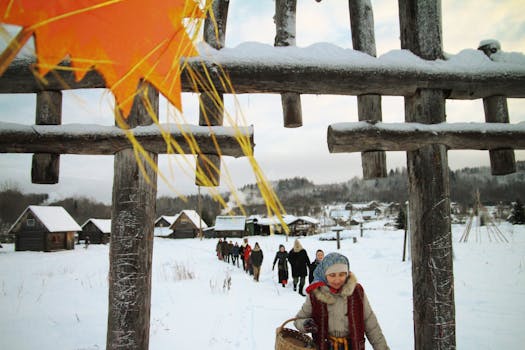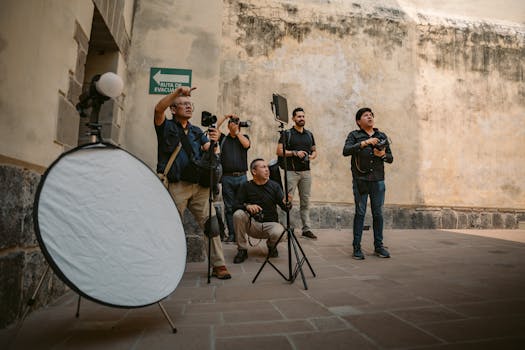DR Congo-Rwanda Peace Deal Met with Skepticism in Rebel-Held City
Original Article Published June 28, 2025
The recent peace deal between the Democratic Republic of Congo and Rwanda has been met with skepticism in the rebel-held city of Goma. Citizens argue that the deal, while a step in the right direction, lacks transparency and does not address the concerns of the populace. They express doubts about the validity of the agreement, citing a lack of communication with the government and a history of broken promises. The people of Goma believe that the deal, if ratified, should focus on addressing the root causes of the conflict, promoting justice and reconciliation, and ensuring the protection of civilian rights and freedoms. Furthermore, they urge the international community to play a more active role in upholding the terms of the agreement and monitoring its implementation to ensure lasting peace and stability in the region. The skeptical reaction from the population underscores the importance of involving all stakeholders in the peace process and taking meaningful steps to rebuild trust.
Impacts of the Deal
The proposed peace deal between the two nations aims to address these concerns and pave the way for a more prosperous and stable future for all citizens. If successful, the agreement could bring an end to decades of conflict, resulting in the prevention of further violence, improved relations between the governments and peoples of both countries, and the beginning of a new era of cooperation. The deal would also enable the two countries to work together to address regional challenges, promote economic development, and create new opportunities for all citizens.
Next Steps
However, the deal's success will depend on the cooperation of all parties involved and the support of the international community. Both countries must take concrete steps to implement the agreement, ensuring transparency and involving citizen voices in the process. The international community, especially neighboring countries and organizations like the African Union and the United Nations, must provide oversight and resources to aid in the peace process's success. They must also hold accountable any parties that violate the terms of the deal, ensuring that peace is maintained and cultivated for the benefit of all.




